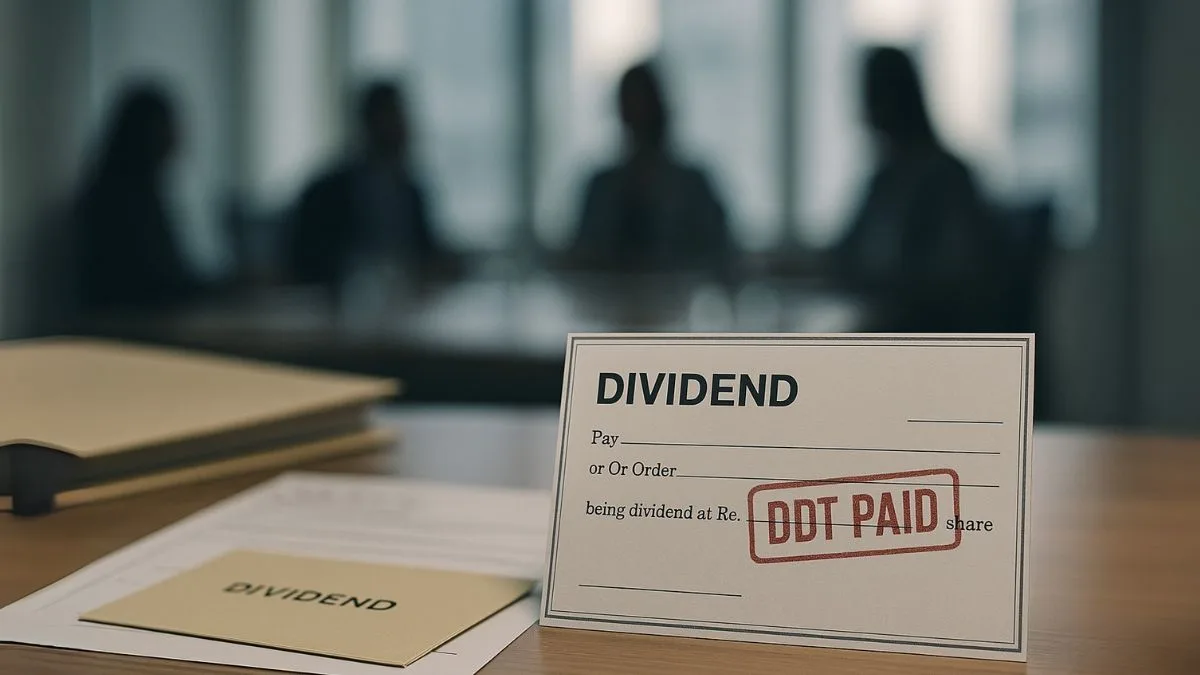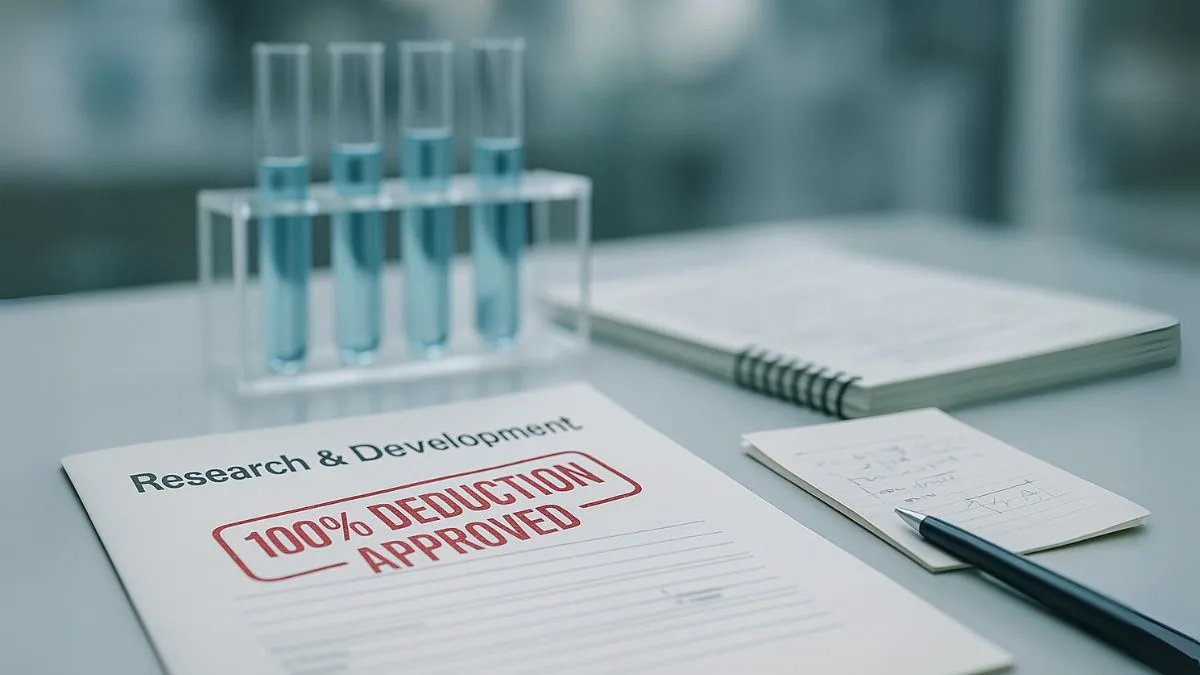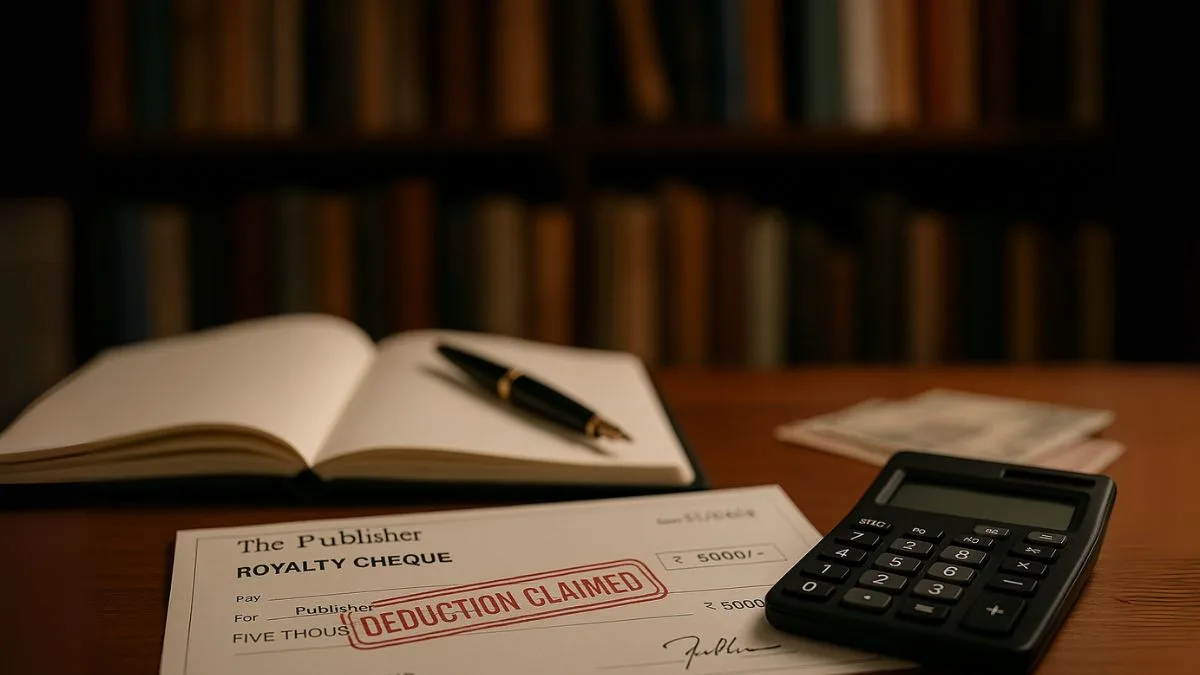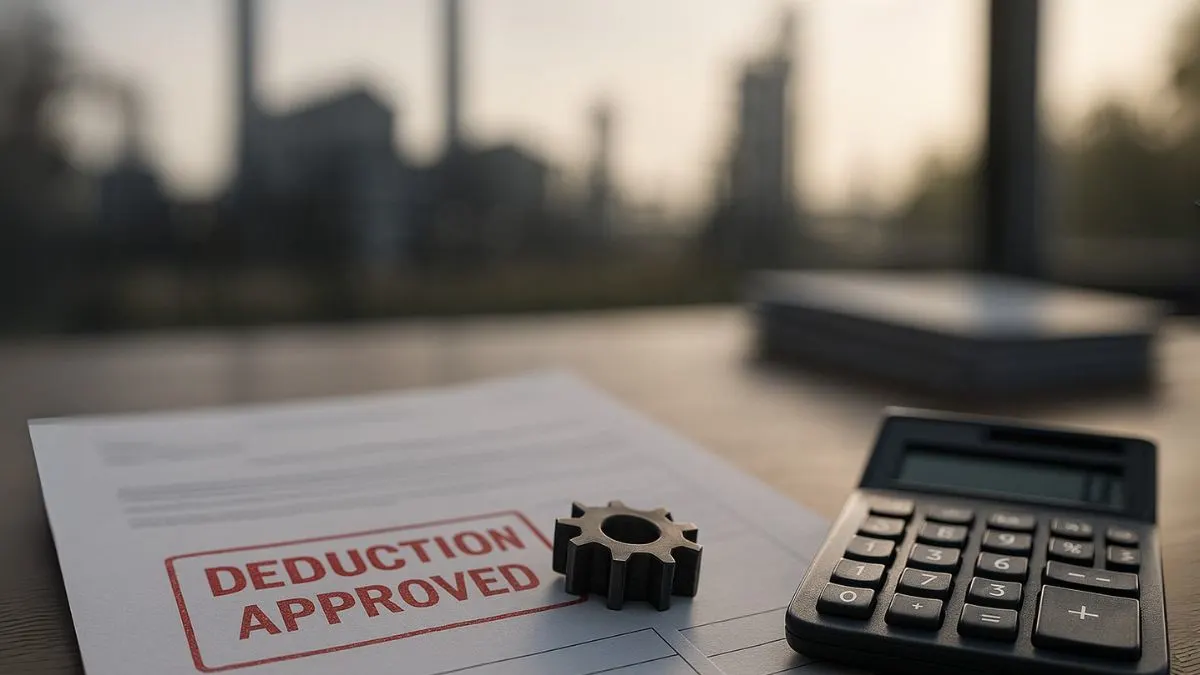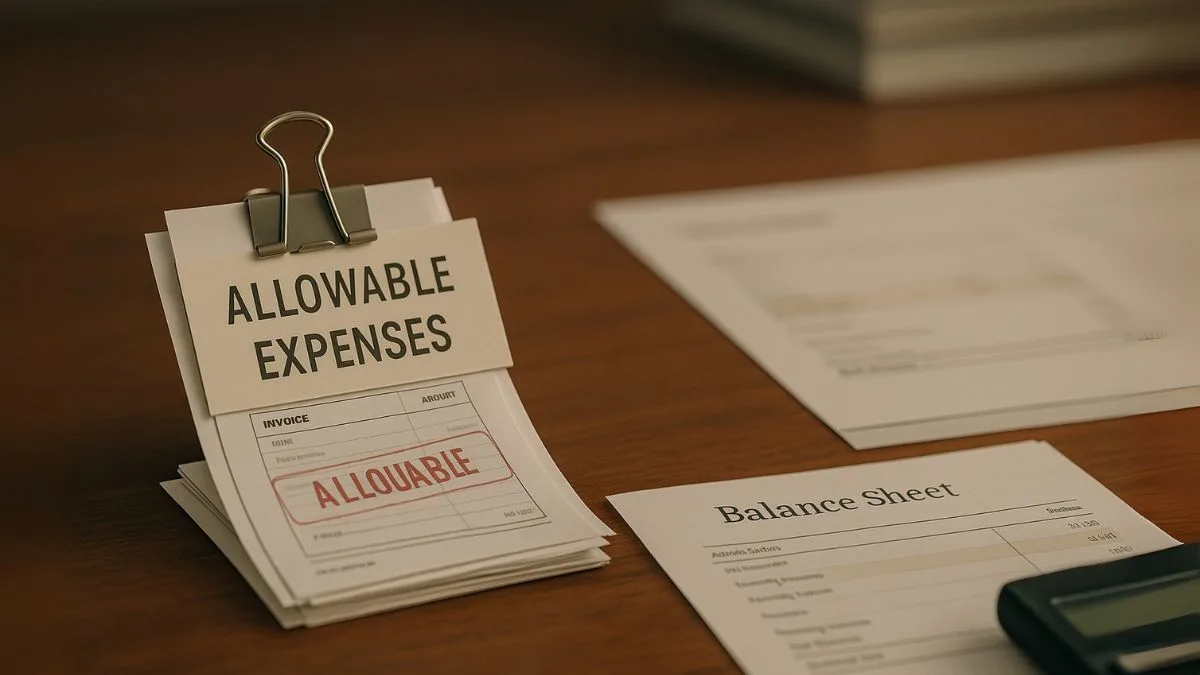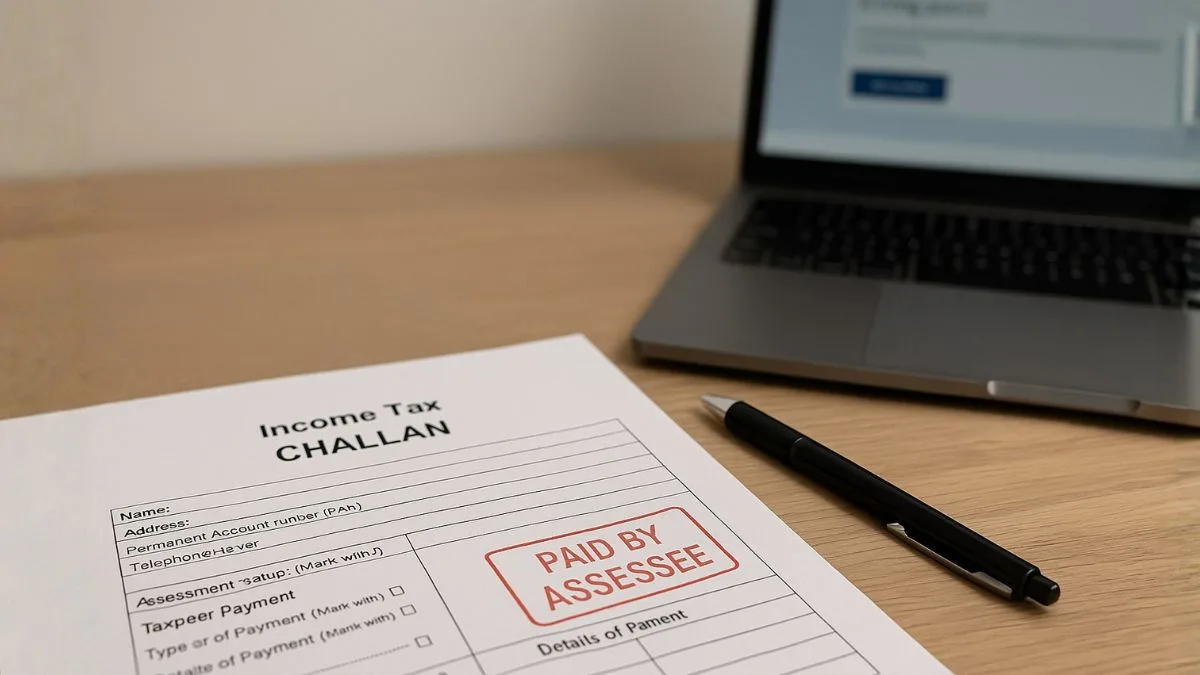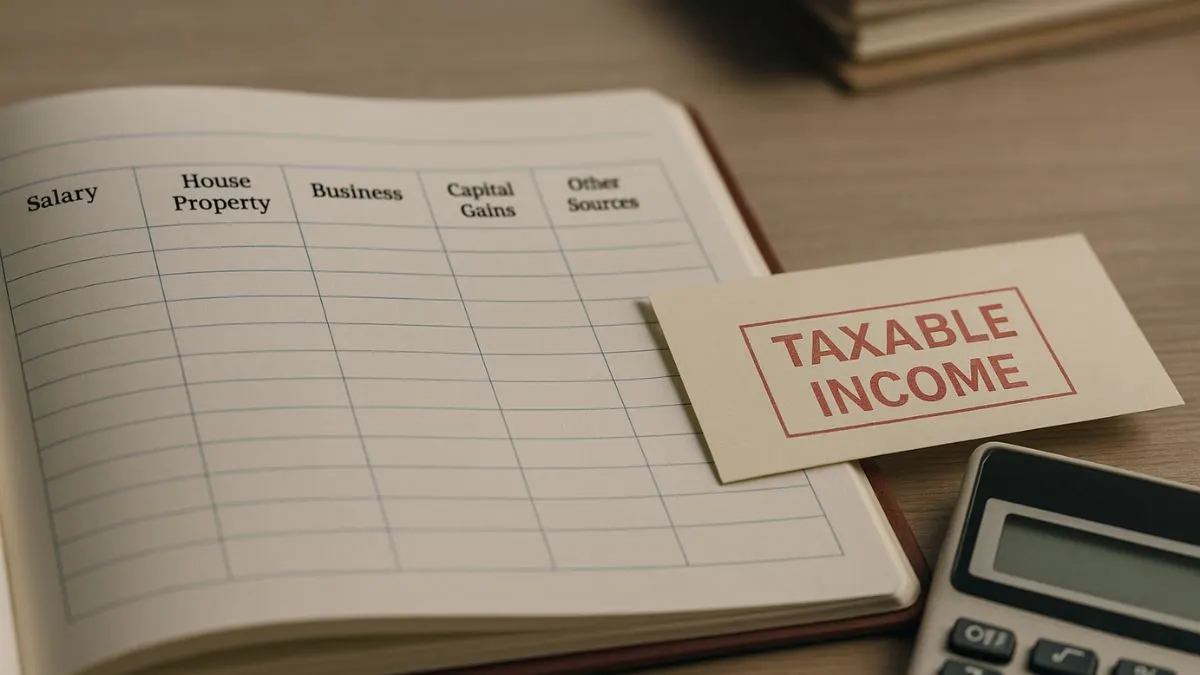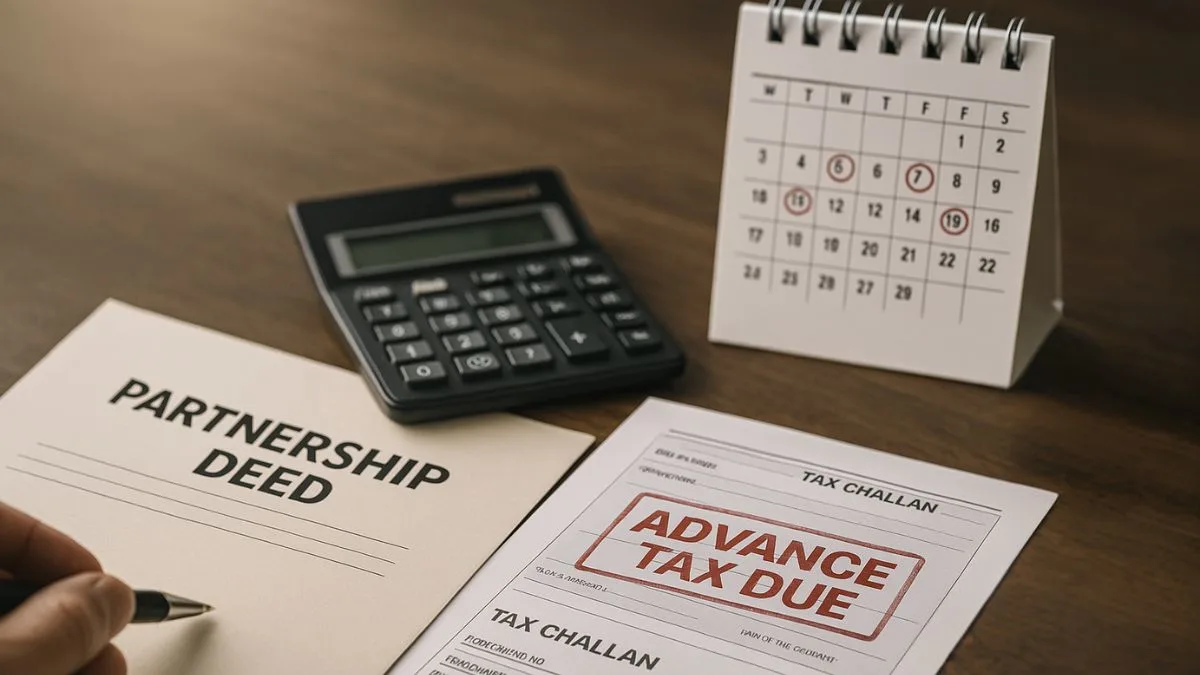
Running a company in India comes with numerous tax obligations. While the company is considered a separate legal entity, the Income Tax Act ensures that tax dues cannot be evaded simply by hiding behind the corporate structure. One of the most important provisions in this regard is Section 141 of Income Tax Act.
This section specifically deals with the liability of a company’s directors for the tax dues of the company. In simple terms, if a company defaults in paying taxes, directors may also be held responsible. But the law also provides certain safeguards. Let’s understand this section in detail.
What is Section 141 of Income Tax Act?
Section 141 of Income Tax Act clearly states that if a company has committed an offence under the Act, every person in charge of & responsible for the conduct of its business can be deemed guilty.
In other words, directors and officers cannot escape liability simply by saying that the company, and not them, is responsible. However, the Act also provides relief where a director proves that the offence was committed without his knowledge or despite due diligence.
Thus, Section 141 ensures that accountability lies with both the company & its key decision-makers.
Why Was Section 141 Introduced?
The intent of Section 141 is simple:
- To prevent misuse of the corporate veil where directors hide behind the legal identity of a company.
- To hold directors accountable for willful tax defaults.
- To ensure that profits & gains of industrial undertakings are taxed fairly and that deductions are not misused.
This provision strikes a balance between encouraging businesses to thrive & ensuring tax compliance.
Resigned from the board? You may still be liable for old tax dues if not handled properly. Curious how? 👉 Click Here
Liability of Directors Under Section 141
Section 141 makes it clear that:
- Every director, manager, secretary, or officer of the company in charge of business operations is liable if the company commits a tax offence.
- The company itself will also be liable.
- However, directors can defend themselves by proving:
- The offence happened without their knowledge."
- They exercised due diligence to prevent it.
This ensures that only guilty directors are punished, while honest directors are protected.
Also Read: Section 179 of Income Tax Act
Connection with Industrial Undertakings
Another important angle of Section 141 is that it provides for deduction in respect of profits & gains from certain industrial undertakings.
This provision allows businesses involved in specified industries to claim deductions, thereby reducing their tax liability. It’s a dual-edged section – while it enforces liability, it also encourages growth in industrial sectors by offering tax benefits.
Example of How Section 141 Works
Imagine a company ABC Ltd. that failed to pay its advance tax and also concealed certain income.
- Under Section 141, not just the company but also its directors & key officers can be held liable.
- However, if a director can prove he was not involved in day-to-day management & had taken steps to ensure compliance, he may escape liability.
This example highlights the balance of responsibility & fairness that Section 141 brings.
Difference Between Company’s Liability and Directors’ Liability
|
Basis |
Company |
Directors |
|
Primary Liability |
Always liable for offences |
Liable only if in charge of conduct of business |
|
Defence Available |
Limited |
Can prove lack of knowledge or due diligence |
|
Penalties |
Monetary fine, prosecution |
Fine, imprisonment, or both depending on involvement |
This comparison shows that Section 141 does not punish all directors blindly. Only those actively involved in wrongdoing are held accountable.
Do you know the situations where a director’s personal assets can be attached for unpaid company dues? Most don’t — until it’s too late. 👉 Click Here
Safeguards for Directors
The law provides some relief to directors. They can escape liability if they show:
- They were not in charge of business at the time of offence.
- They had no knowledge of the default.
- They had exercised due diligence.
Thus, passive or independent directors may not always be dragged into tax disputes under Section 141.
Practical Implications of Section 141
For businesses, Section 141 has several implications:
- Directors must ensure that tax returns are filed on time.
- All statutory compliances must be monitored closely.
- Tax planning should be transparent, not aggressive or fraudulent.
- Independent directors should maintain clear documentation of their non-involvement in day-to-day tax matters."
Failure to do this can result in serious penalties, including imprisonment.
Judicial View on Section 141
Courts in India have consistently upheld the principle that directors cannot automatically be held liable. Instead, the prosecution must prove:
- The director was responsible for the conduct of business.
- The offence was committed with his knowledge or consent.
This judicial interpretation ensures fairness & prevents harassment of non-executive directors.
Think the company alone is liable for its taxes? Under certain rules, even directors can be held personally responsible. 👉 Click Here
Importance of Section 141 in Today’s Business Environment
In today’s corporate world, where complex structures exist, Section 141 acts as a safeguard for the revenue authorities. It:
- Encourages responsible corporate governance.
- Prevents misuse of deductions related to profits & gains of industrial undertakings.
- Promotes a culture of tax compliance.
Without such provisions, companies could easily avoid accountability.
Also Read: Share of Profit Exempt for Partners
Compliance Tips for Directors
To stay safe under Section 141, directors should:
- Regularly review company’s tax filings.
- Ensure timely payment of TDS, GST, advance tax, and income tax.
- Maintain records showing due diligence.
- Avoid signing blank financial statements or returns.
- Take professional advice for complex tax matters.
Being proactive is the only way to avoid liability under Section 141.
Conclusion
Section 141 of Income Tax Act is a critical provision that deals with the liability of a company’s directors for the tax dues of the company. While it ensures accountability, it also provides defences for innocent directors. Moreover, the section also provides for deduction in respect of profits and gains from certain industrial undertakings, balancing strictness with incentives.
For directors & companies, the message is clear – stay compliant, maintain transparency, and exercise due diligence.
👉 Want to ensure your company never faces tax default issues under Section 141? Visit Callmyca.com – where expert CAs help you stay 100% compliant while maximizing your tax savings.

